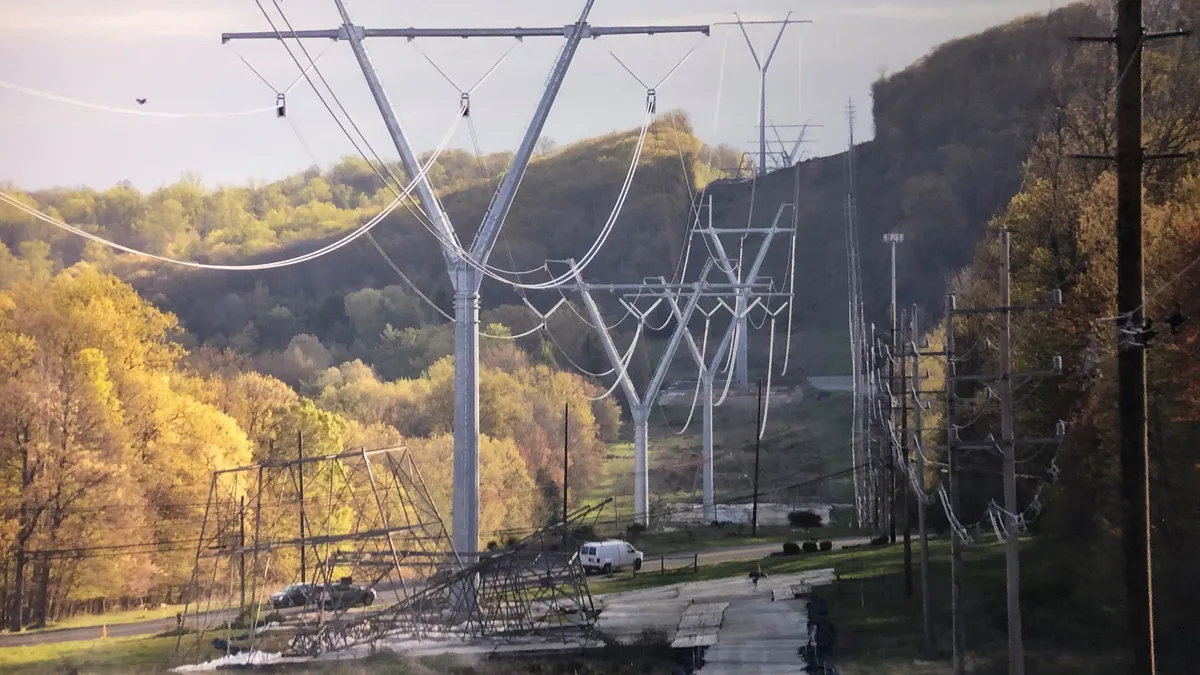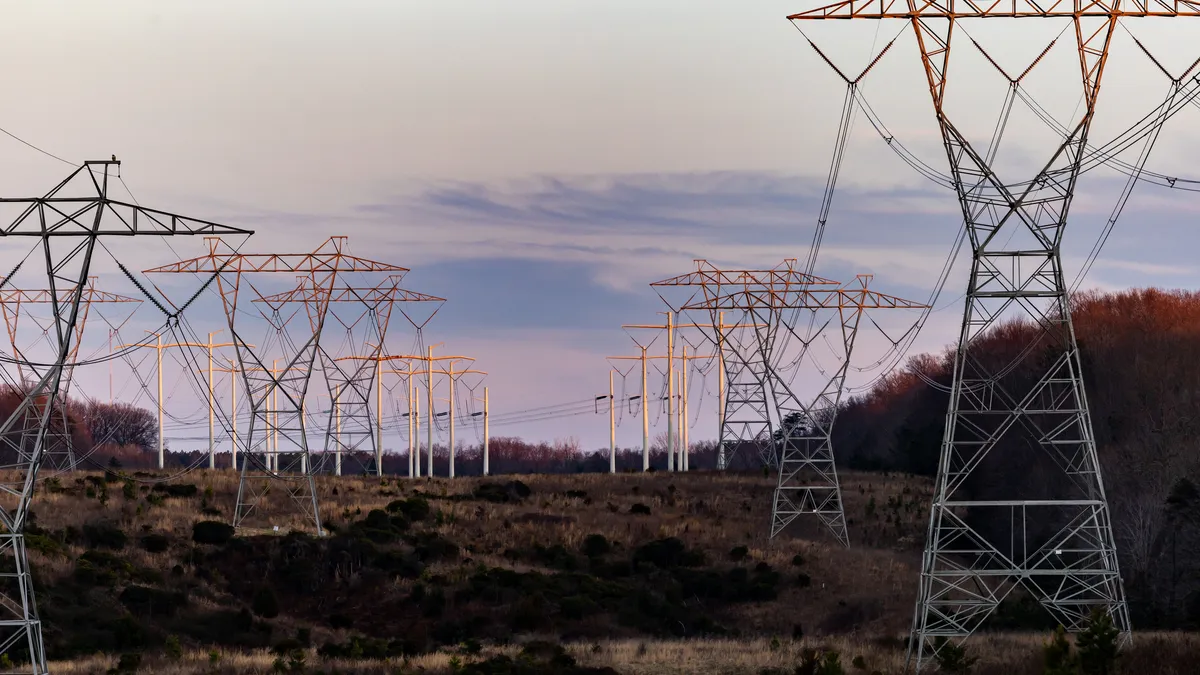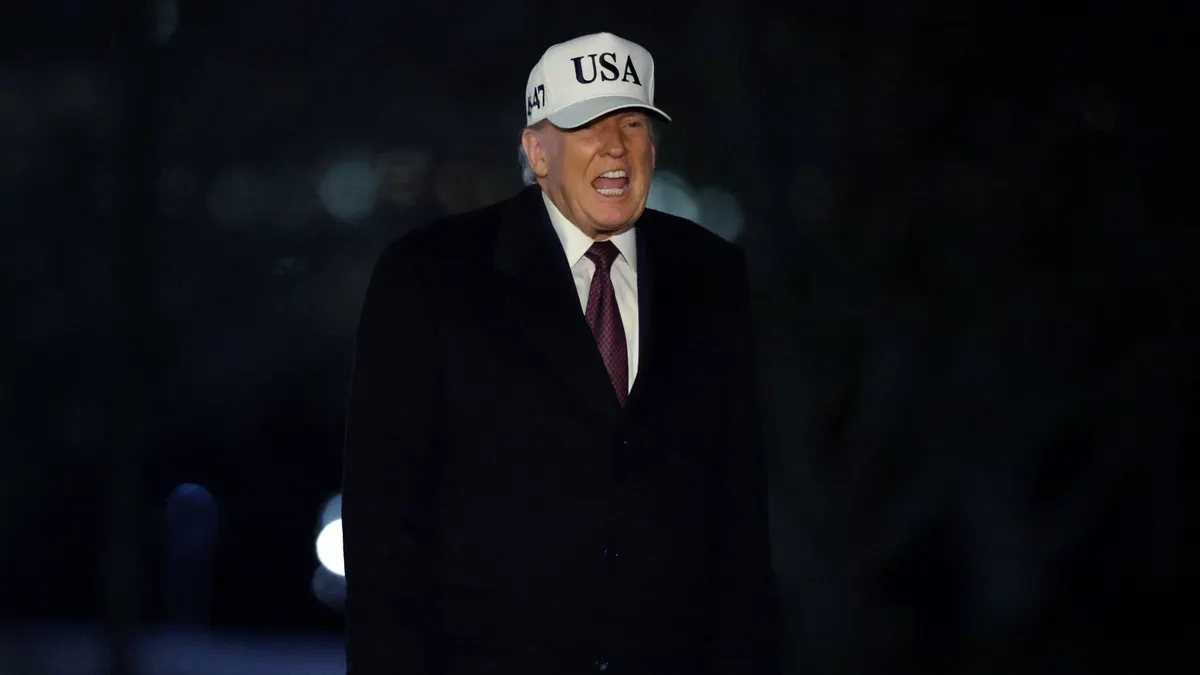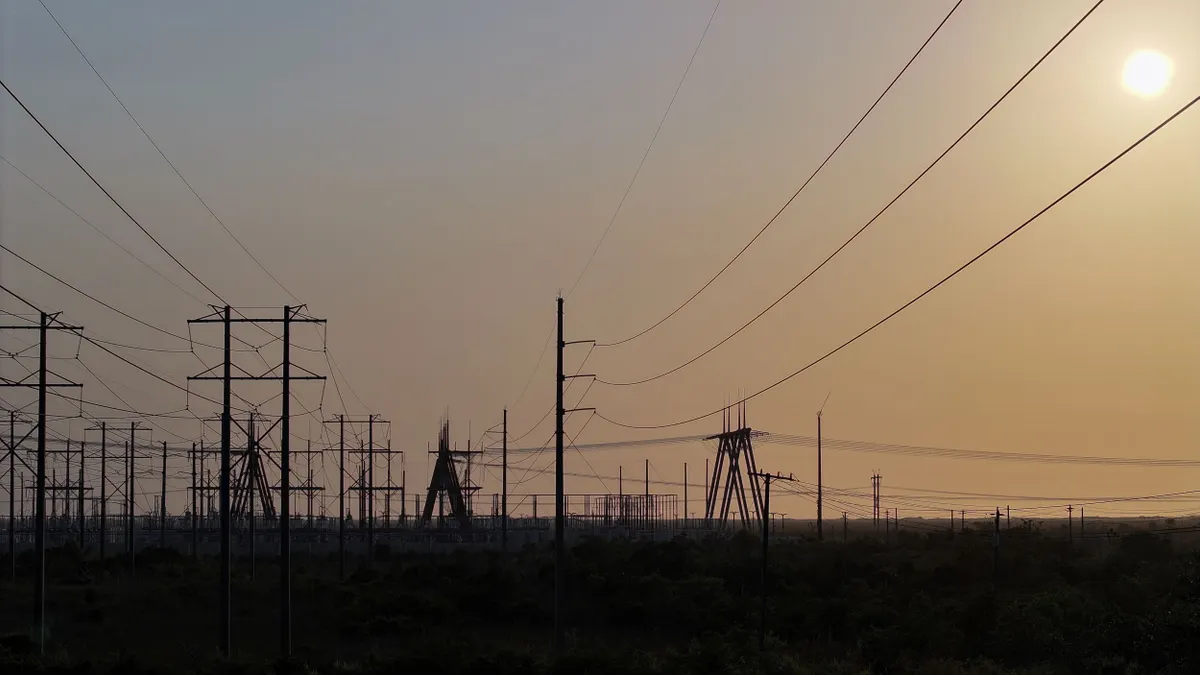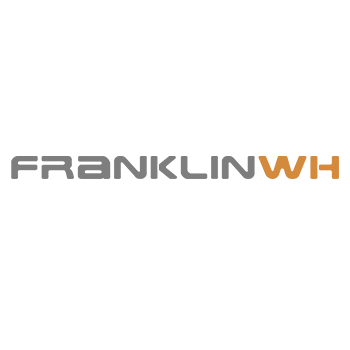Eliza Martin is a legal fellow at the Harvard Environmental and Energy Law Program. She is the author of a forthcoming article in the Energy Law Journal titled “Utilities' Two Faces: State-Backed Monopolists and For-Profit Political Activists.”
Utilities are private for-profit companies that enjoy state-granted monopolies to deliver gas and electricity. These companies, which rely on government-approved rates levied on captive utility ratepayers to generate revenue, are among the most powerful actors in state and federal policymaking. Because policy decisions can transform profits, utilities and their trade associations are actively speaking on and engaged in controversial political debates on issues such as climate change response, infrastructure investment, land-use, and the role of the government in regulating private businesses. Utilities often fund their political speech and political activity through government-set energy rates, which raises concerns that regulators are impermissibly burdening ratepayer associational and speech interests protected by the First Amendment.
Consider the FirstEnergy scandal. In 2016, FirstEnergy Corp., one of the largest multi-state utilities in the country, found itself “bleeding cash” as one of its wholly owned subsidiaries ran two failing nuclear plants. Leading up to the 2018 election cycle, the utility funneled over $60 million through 501(c)(4) entities to Ohio politicians. FirstEnergy used this funding to orchestrate the passage of state legislation that bailed out FirstEnergy’s nuclear plants, before then shielding the legislation from a citizen referendum repeal. Remarkably, FirstEnergy charged its captive ratepayers a portion of that $60 million, making them unwitting financial participants in a political campaign that, by one estimate, cost Ohioans “$2 billion in excess utility fees and $7 billion in healthcare costs stemming from pollution.”
FirstEnergy’s tactic of using ratepayer funds to support political activity, is not anomalous in the utility industry. Across the country, monopoly utilities regularly engage in political lobbying, advertising, and campaign related funding, using money collected from the public through government-set rates. While a handful of states have taken initial steps to curb this practice, in a forthcoming Energy Law Journal article, I argue that the First Amendment requires a uniform national standard: monopoly utilities cannot engage in political activity on behalf of ratepayers, nor can they charge ratepayers for any political activity.
Existing laws and regulatory procedures do not adequately protect customers from subsidizing utilities’ political activities. Regulators already prohibit utilities from charging ratepayers for some political activity, but utilities continue to charge ratepayers for their political activities because there are no penalties for doing so, and because existing regulations fail to capture the breadth of political activity. For example, many utilities use an accounting system to delineate expenses that can be included in rates and therefore recovered from ratepayers (above the line) from those that cannot be included in rates and therefore must be borne by shareholders (below the line). The line between these categories is blurry, and without a clear rule, utilities are incentivized to classify political expenses as above the line costs.
For example, many states bar utilities from charging customers for direct lobbying expenses, which are costs related to persuading certain elected officials or regulators to adopt favorable policies. But utilities often evade existing rules. Definitions of “lobbying” exclude broad categories of political activities, and utilities can exploit definitional ambiguity. As a result, “most audits” conducted by the Federal Energy Regulatory Commission reveal that utilities, whether purposeful or not, improperly charge ratepayers for “lobbying costs.” As the Energy & Policy Institute has documented, ratepayers have been billed for utility efforts to oppose building electrification policies and for the salaries of utility employees engaged in lobbying work.
Further, utilities’ political activities are often channeled through, or amplified by, powerful trade associations like the Edison Electric Institute and the U.S. Chamber of Commerce. These organizations coordinate national and state-level policy campaigns, litigate, and underwrite other political actors. Trade associations charge dues to their member utilities, which are often passed through to ratepayers when utilities record these expenses as “operating costs.” Unless regulators interrogate these expenses and then disqualify their recovery during a rate case, ratepayers can end up subsidizing trade association political activity.
Ratepayers also subsidize the cost of advertising campaigns which utilities use to shape public opinion and advance discrete policy issues. In some cases, utilities also direct funds to political action committees (PACs) or 501(c)(4) entities. In addition to FirstEnergy charging ratepayers for its funding of various 501(c)(4) entities, one random audit of Ameren Corp. revealed that ratepayers were charged for the time eight utility employees spent working on behalf of company-affiliated PACs.
Utilities routinely fund their political activities, as well as those of their trade associations, from ratepayers through government-set rates. The legally bestowed monopolistic nature of investor-owned utilities makes this practice unique. If you need utility services, then you are required to associate with a state-designated monopolist utility as a ratepayer, and you are required to pay the rate scheme approved by the state public utility commissions. When utilities request rate increases, state PUCs evaluate the requests using accounting records submitted by the utilities and then decide whether rate changes should be granted, revised, or denied based on this cost information. Through rate-regulation, the state authorizes utilities to charge ratepayers for their political activity.
This practice raises constitutional concerns. In 2018, the Supreme Court held that the government cannot compel individuals to subsidize a private organization’s speech on matters of public concern. The Court’s opinion in Janus v. AFSCME, discarded the long-standing “germaneness” standard. This standard had authorized utilities to charge ratepayers for certain “germane” expenses relating to “the reasonable cost of doing business and to the provision of utility services,” which could include some political activity. In light of the Court’s decision in Janus, I argue that it is unconstitutional for state and federal utility regulators to authorize monopoly utilities’ rates that include political activity costs. States cannot continue to mandate its citizens to subsidize, and associate with, the private political speech of utilities.
While the total amount of political charges hidden by utilities may account for only a small fraction of individual power bills, ratepayers are nonetheless forced to subsidize, and associate with, a utility’s political activity when they pay their power bill each month. And in a country with increasing electricity costs, where an estimated one-in-three households cannot afford their energy bills, every dollar counts. Ratepayers, forced to subsidize political speech with which they disagree, could challenge this practice in court.
Utilities can use their own funds to engage in constitutionally protected political speech on behalf of their shareholders. But utilities cannot purport to speak on behalf of captive ratepayers, and utilities cannot wield their monopolies to subsidize their political activities. After Janus, the First Amendment demands greater protection of ratepayer associational and speech interests.
Ratepayer voices are critical to the urgent debates in the power industry because it is utility ratepayers that stand to bear the economic and environmental burden of policy decisions on public spending and climate change issues.









